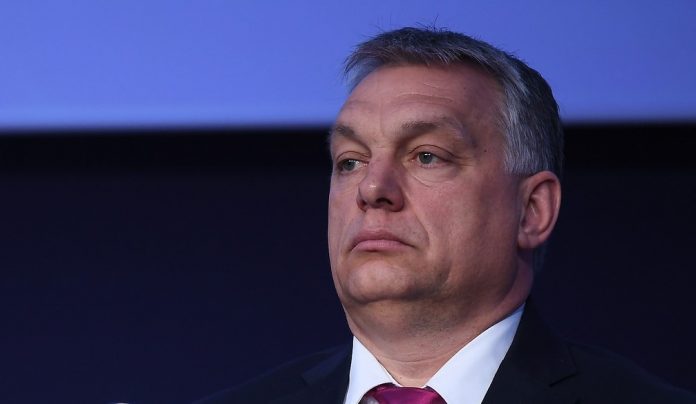Hungary’s Prime Minister Viktor Orbán received a tacit warning from the centre-right European People’s Party (EPP) on November 7. The European Union’s largest political grouping said it could expel Orbán’s Fidesz party.
The EPP backed a special resolution at its annual congress in the Finnish capital Helsinki demanding respect for the values and freedoms that underpin the EU, saying they faced a serious threat.
“Populist and nationalist extremism, disinformation, discrimination, and threats to the rule of law pose the greatest threat to freedom and democracy in Europe since the fall of the Iron Curtain,” the resolution said.
According to the Reuters news agency, even though the resolution does not explicitly name Hungary, officials from the EPP, which includes German Chancellor Angela Merkel’s Christian Democrats, said it was meant as a direct message to Viktor Orbán and his party.
“We stress that the European Union is founded on the values of respect for human dignity, freedom, democracy, equality, the rule of law … We call on all EPP members and associations to respect, protect and promote these principles,” the resolution said.
Austrian Chancellor Sebastian Kurz, whose country holds the EU’s rotating presidency, said the bloc’s values were “sacred… whatever the party the government leader belongs to and whether that is in Hungary, Romania, Poland, Malta, Greece, Italy”.
A senior Fidesz member of the European Parliament said there was nothing in the resolution that his party could disagree with. “This is not about Hungary,” Jozsef Szajer told Reuters.
However, the resolution included a call for “academic freedom”, which officials said was a reference to the Orbán government’s refusal to sign an accord for the Central European University, founded by Hungarian-American billionaire and philanthropist George Soros, to remain in Hungary.
Meanwhile, EPP President Joseph Daul defended his group’s reluctance – so far – to take tougher action.
“In every family, there is an enfant terrible… I prefer to keep my enfant terrible within the family and to speak with him and to be able to reason with him,” Daul told reporters, though he also confirmed that the resolution targeted Hungary.
According to Reuters, under EPP rules, the group’s presidency can consider expelling a party once a request for a vote on the issue has been made by seven members from five different EU countries.

